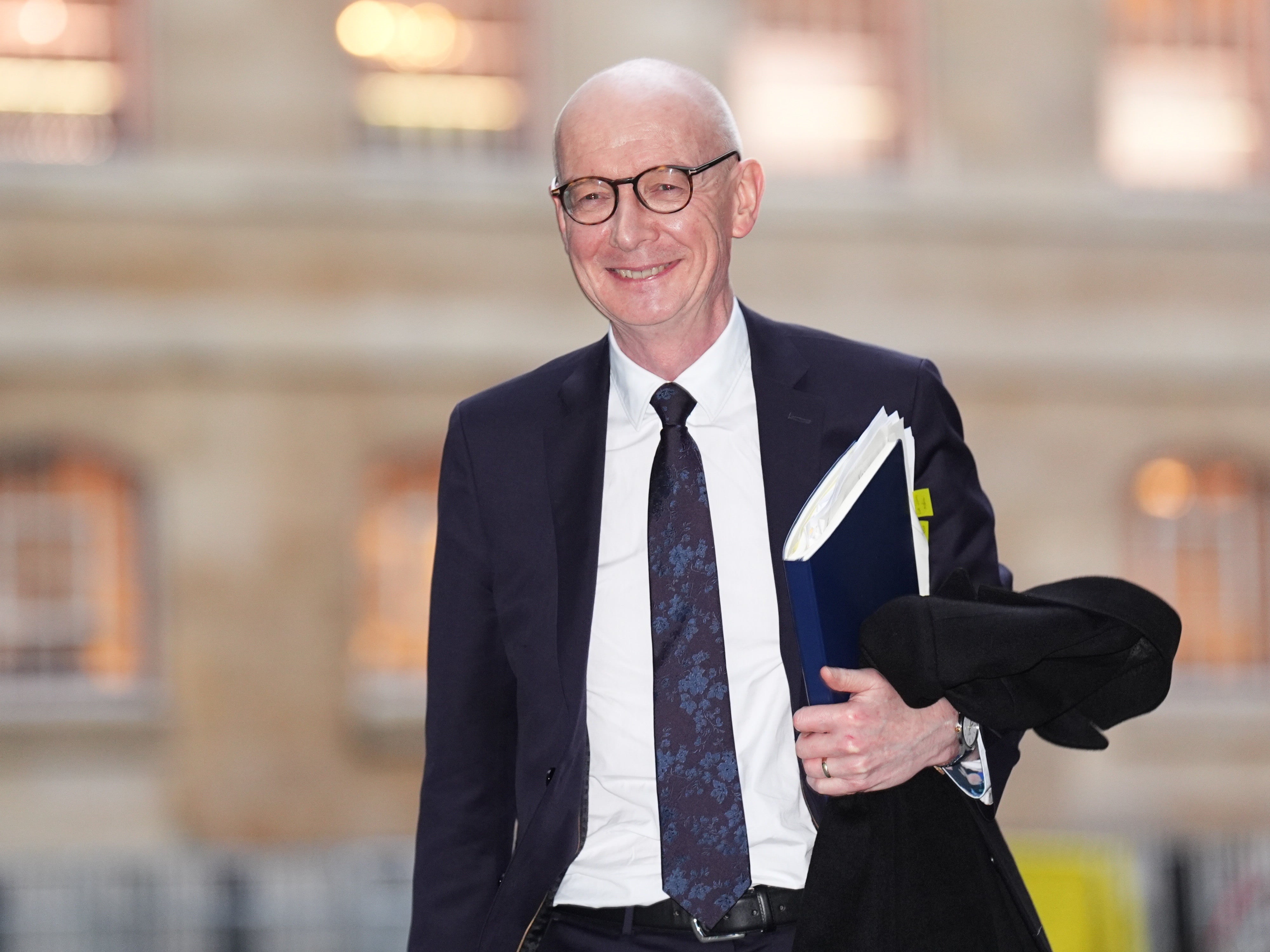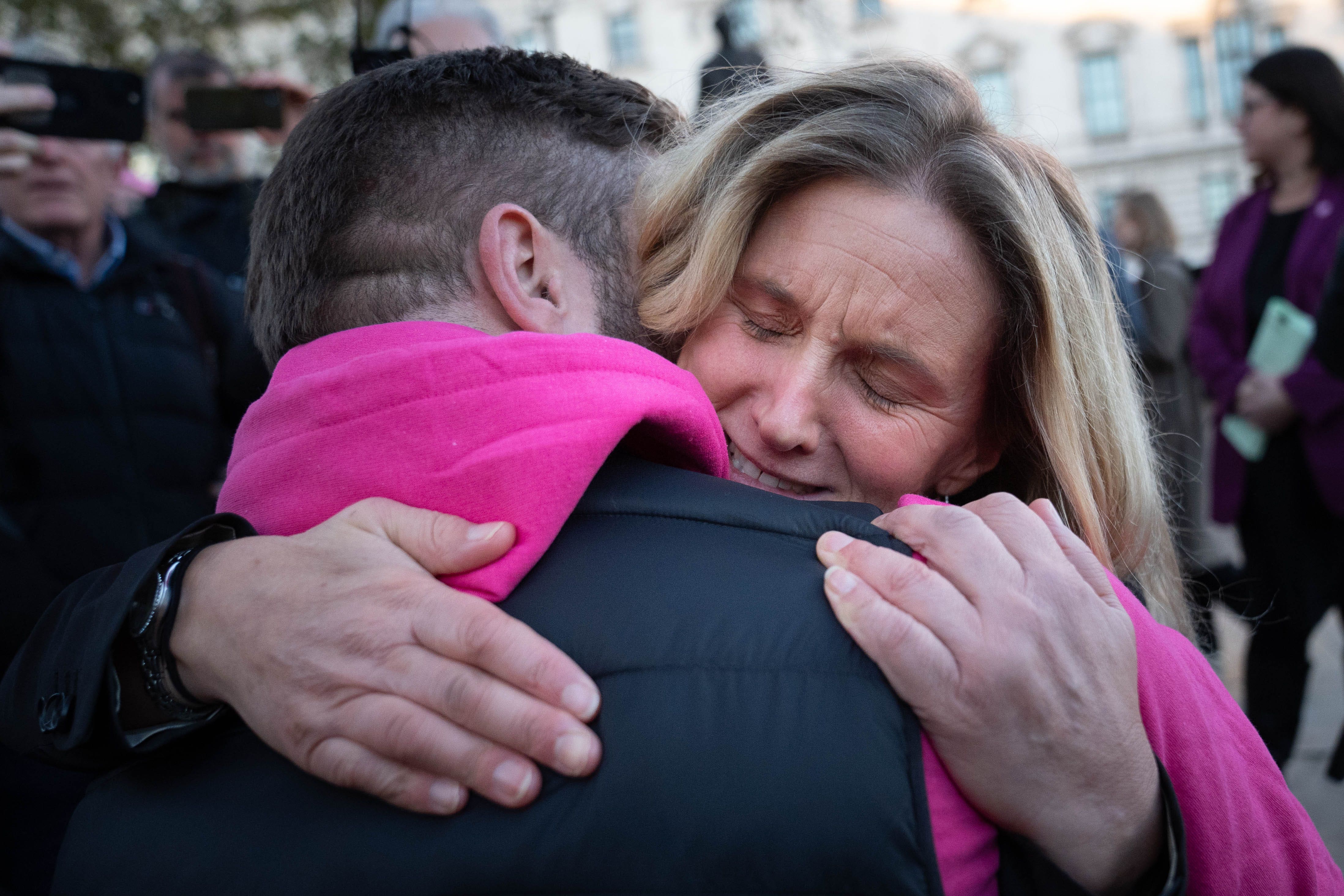Patients opting for assisted dying may have to pay to die, a government minister has suggested after MPs backed legislation that would support terminally ill people to end their own lives.
Pat McFadden, the chancellor of the Duchy of Lancaster, said that it was “right” to consider whether patients should cover the cost of an assisted death themselves, citing the fact that this is what happens when people go to Switzerland to end their lives.
Speaking to Times Radio on Sunday, Mr McFadden said that the costs of helping people to end their own lives will have to be considered by MPs ahead of a final vote on new legislation that could bring the practice into law.
He explained: “Look, I think all that still has to be considered. As you know, people currently have to pay for this themselves if they go to Switzerland.
“So all those questions of costs, safeguards, all the issues that have been raised have to be considered during the committee stage, the clause-by-clause examination of the bill.
“And that’s the right way to do it, because it’s a huge change. And you could see that on the faces of the MPs who were voting for it, or against it, on Friday.”
When asked by the BBC on Sunday, Mr McFadden declined to say whether the plans would be fully publicly funded if they received final approval from parliament.

A historic vote took place in the Commons on Friday in which MPs voted in favour of the proposed legislation, meaning that assisted dying could be legalised in England and Wales subject to further parliamentary processes.
Prime minister Sir Keir Starmer was among the MPs to support the Terminally Ill Adults (End of Life) Bill, which would allow those with less than six months to live to end their lives legally.
MPs voted by 330 to 275 – a majority of 55 – to approve the bill, which was sponsored by Labour MP Kim Leadbeater, at its second reading.
There are still a number of stages that the bill must pass through to become law.
A motion was approved on Friday to allow the committee considering the bill to have the power to send for people, papers and records as part of its sessions. The bill will face further scrutiny and votes in the House of Commons and the House of Lords, meaning that any change in the law will not be agreed until next year at the earliest.
Ms Leadbeater has said it is likely to take a further two years for an assisted dying service to be put in place should the bill become law.
Some MPs have indicated that their support for the bill might not continue at a further vote if they are not convinced about the safeguards contained in it.

Liberal Democrat MP Layla Moran told the BBC on Saturday that while she had voted in favour of the bill, concerns remain about existing palliative care provision in the UK.
“I think all of us want this to be a good bill,” she said. “I would hope that colleagues across the House, especially those who voted for it, reserve the right to vote no at further stages.”
She said arguments against the proposed legislation need to be taken “extraordinarily seriously”.
An analysis of statements made by MPs about Friday’s vote shows that at least 36 who voted in favour of assisted dying have indicated that they could change their minds at a later stage.







